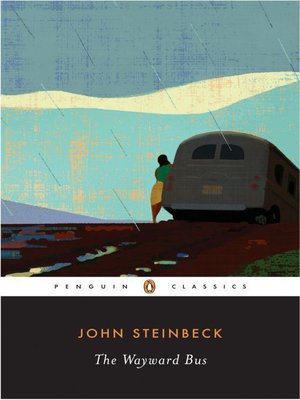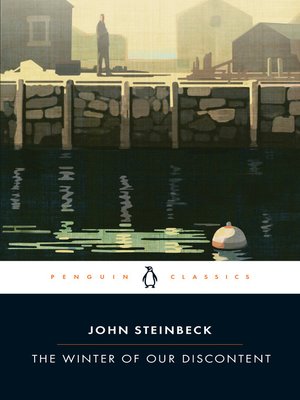East of Eden . He titled it: Burning Bright, A Play in Story Form
Burning Bright reminds me of a medieval morality play which
weighs and measures what is important in the end, which is ultimately
love.
Steinbeck divided BB into three acts- The Circus, The Farm and The
Sea. There were only four characters- the husband, the father (sperm
donor) the mother and the friend.
The friend he named Friend Ed (his dear friend Ed Rickets was killed
in a train accident a couple years prior) was the pivotal advisor who
supports the mother, Mordeen and teaches the husband, Joe Saul how
to feel about their child, fathered by Victor because Joe was sterile.
When Joe Saul rejects Mordeen for her adultery to give him a child,
Friend Ed tells him: "It's so easy to give-only great men have the
courage and the courtesy and, yes, the generosity to receive."
This gem of wisdom turns the tide of Joe Saul's soul and he accepts
and embraces his wife and her gift to him his child.
Steinbeck dedicated Burning Bright to his new love, Elaine, who
was bringing her ex-husband's child into his life. Did that
in part, help inspire this story?
Steinbeck's title is also significant in that he was about to write
what he considered his most important book; East of Eden and he
was feeling at full "burning bright" power both personally and
professionally. Note: Some of this insight was gleaned from the
reading of Steinbeck, A Life in Letters.
Burning Bright was also produced as a play in New York.
Burning Bright is another short (93 pages) insightful Steinbeck
novel, which I enjoyed very much. It is available at local libraries.
raintreepoet, reporting.

